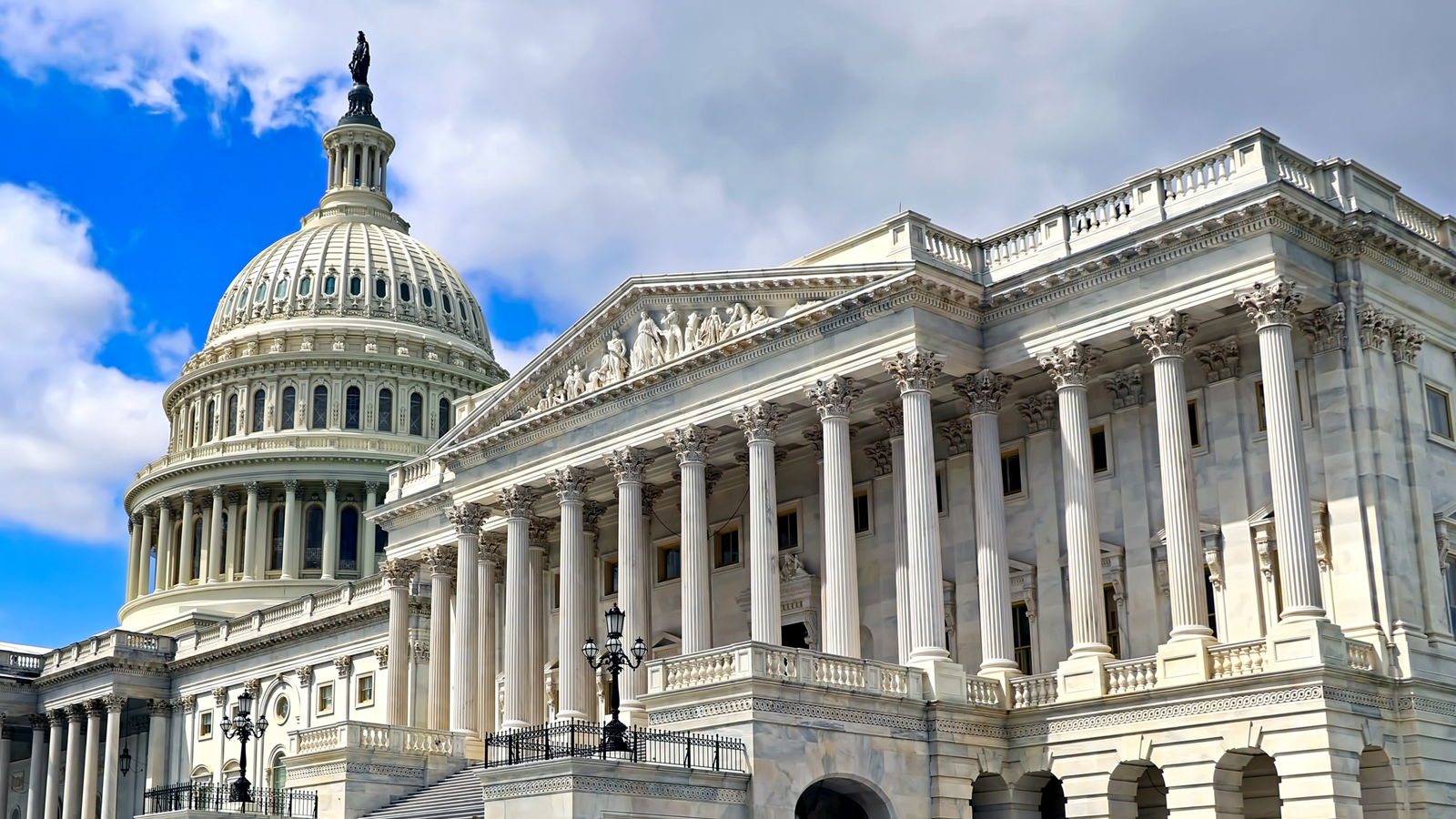U.S. lawmakers urged the Biden administration earlier this month to step up enforcement of the Uyghur Forced Labor Prevention Act (UFLPA) by targeting third country suppliers of goods originating from Xinjiang and identifying new products made with forced labor.
In a letter addressed to the Secretary of the Department of Homeland Security, members of the House Select Committee on the Chinese Communist Party requested that the department add companies outside of Xinjiang and China to the UFLPA Entity List. The Committee focused on the seafood, gold, and critical minerals industries in Xinjiang and other provinces of China that profit from forced labor practices.
The lawmakers raised concerns about China’s increased use of transshipments of forced labor products to the U.S. through third countries. The letter cited recent statistics released by the U.S. Customs and Border Protection (CBP) which noted that countries, like Malaysia and Vietnam, are surpassing China for the most denied shipments by value. Vietnam-origin shipments saw the highest rate of denied shipments since 2022, with a 56 percent denial rate.
“These third-country exporters are likely a significant channel through which Xinjiang-origin cotton enters the United States,” the lawmakers said, citing the U.S. International Trade Commission.
Some of these goods, including critical minerals, have been flagged as high priority sectors for enforcement for their exposure to Xinjiang forced labor.
Many of those critical minerals are used in the defense industrial base sector and in the production of electric vehicle batteries, the lawmakers noted.
“Regarding the defense industrial base, the [People’s Republic of China] has a ‘near monopoly’ on many rare earth minerals that are critical for weapons systems, to include the U.S. Global Positioning System (GPS), precision-guided weapons, and radar systems,” the lawmakers said, adding that “many of these minerals are mined in Xinjiang by companies and entities that pose forced labor risk.”
Since the law went into effect in 2022, the U.S. has added 30 companies to its UFLPA Entity List for engaging in forced labor activities tied to Xinjiang.
In a letter addressed to the Secretary of the Department of Homeland Security, members of the House Select Committee on the Chinese Communist Party requested that the department add companies outside of Xinjiang and China to the UFLPA Entity List. The Committee focused on the seafood, gold, and critical minerals industries in Xinjiang and other provinces of China that profit from forced labor practices.
The lawmakers raised concerns about China’s increased use of transshipments of forced labor products to the U.S. through third countries. The letter cited recent statistics released by the U.S. Customs and Border Protection (CBP) which noted that countries, like Malaysia and Vietnam, are surpassing China for the most denied shipments by value. Vietnam-origin shipments saw the highest rate of denied shipments since 2022, with a 56 percent denial rate.
“These third-country exporters are likely a significant channel through which Xinjiang-origin cotton enters the United States,” the lawmakers said, citing the U.S. International Trade Commission.
Some of these goods, including critical minerals, have been flagged as high priority sectors for enforcement for their exposure to Xinjiang forced labor.
Many of those critical minerals are used in the defense industrial base sector and in the production of electric vehicle batteries, the lawmakers noted.
“Regarding the defense industrial base, the [People’s Republic of China] has a ‘near monopoly’ on many rare earth minerals that are critical for weapons systems, to include the U.S. Global Positioning System (GPS), precision-guided weapons, and radar systems,” the lawmakers said, adding that “many of these minerals are mined in Xinjiang by companies and entities that pose forced labor risk.”
Since the law went into effect in 2022, the U.S. has added 30 companies to its UFLPA Entity List for engaging in forced labor activities tied to Xinjiang.







